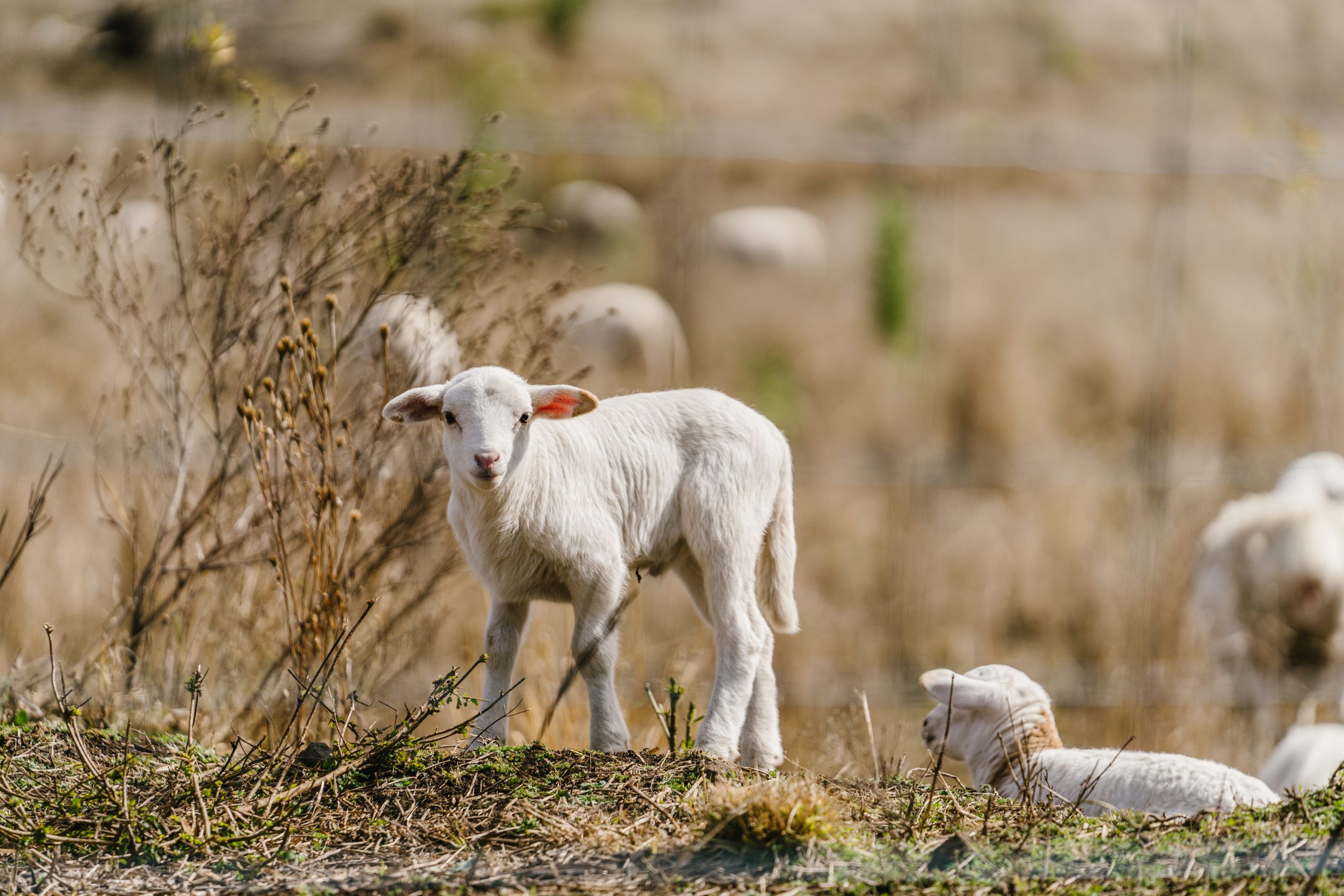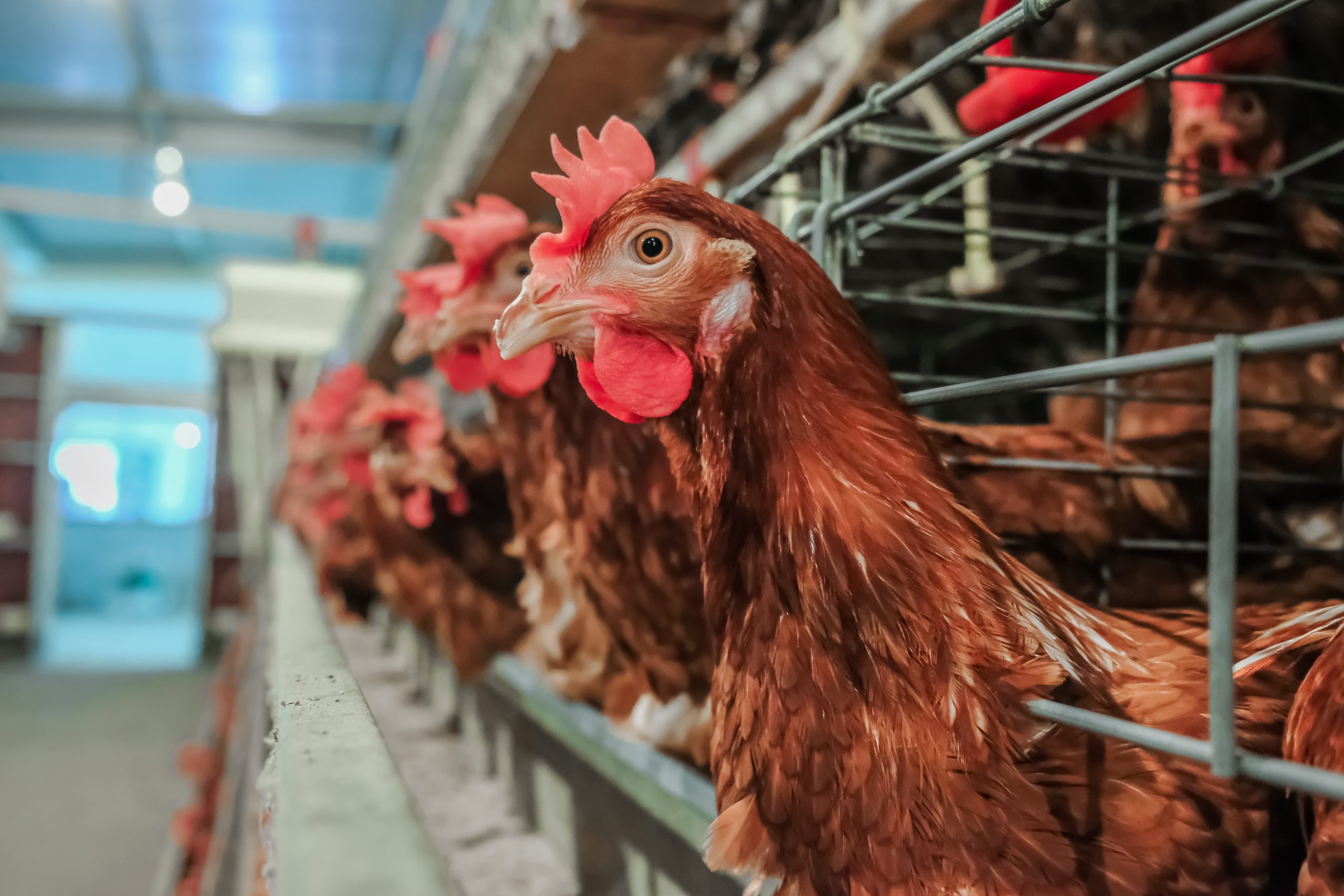
Expanding the scale and magnitude of cruelty
Intensive animal farming has had a rapid expansion over the past 50 years due to population growth and the steep increase in animal consumption. The industry is largely focused on profitability, low cost and high yields. In this approach, cheap means cruel.
There’s plenty of information around to illustrate just how barbaric factory farming is, but most governments are focused on protecting the revenues gained from factory farming, rather than looking at more sustainable, profitable and kinder alternatives.
“In 1966, it took one million farms to house 57 million pigs; by the year 2001, it only took 80,000 farms to house the same number of pigs.”
- Public Health Nutrition paper: Public health implications of meat production and consumption
Innovative ways to increase suffering
Factory farm cruelty is well documented, and cruel ‘innovations’ are proudly advertised by the industry. From machines to cut the throats of chickens to gas chambers for pigs, death is delivered on a grand scale on a factory farm. All of this is considered legal and acceptable. This is factory farming in Australia.
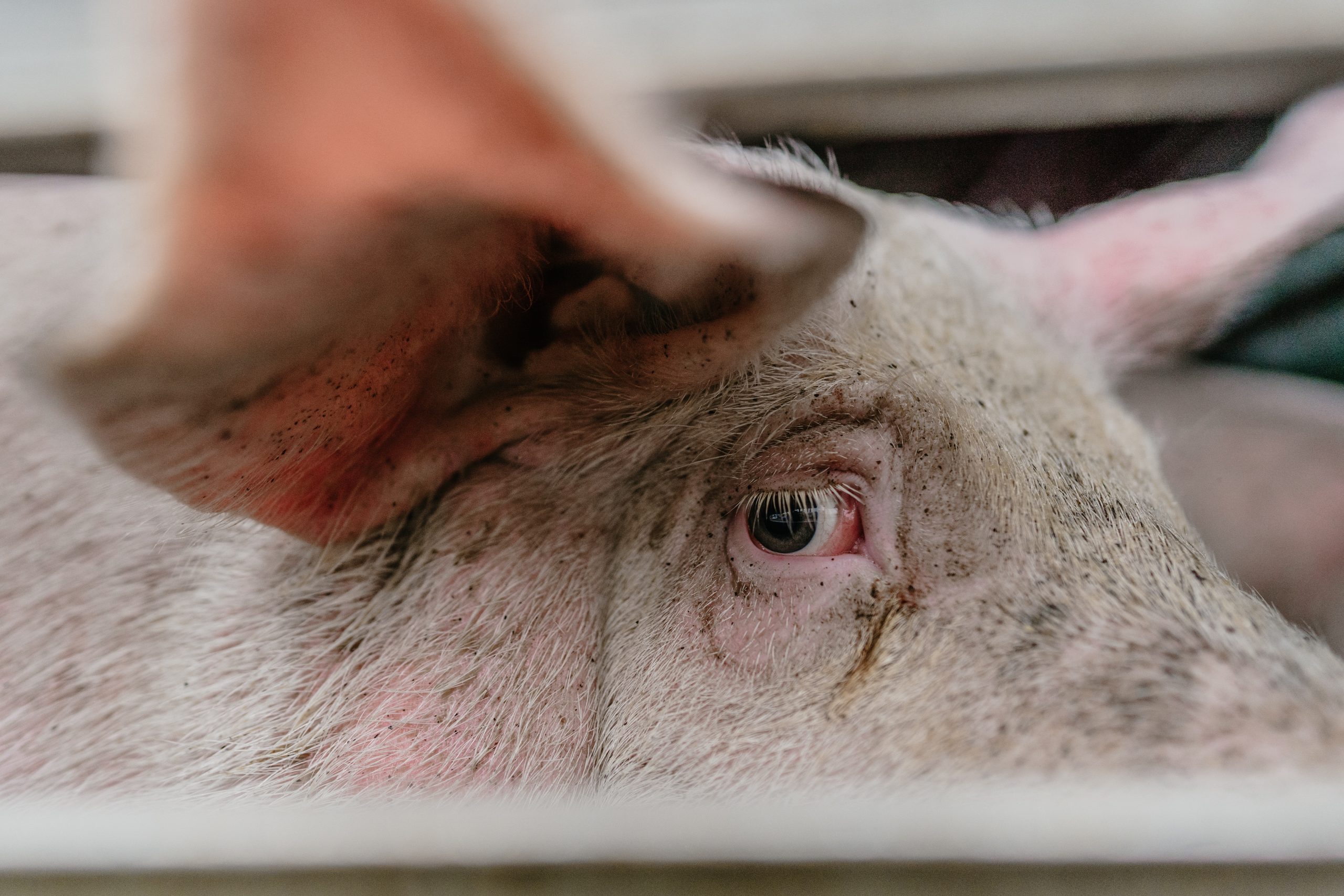
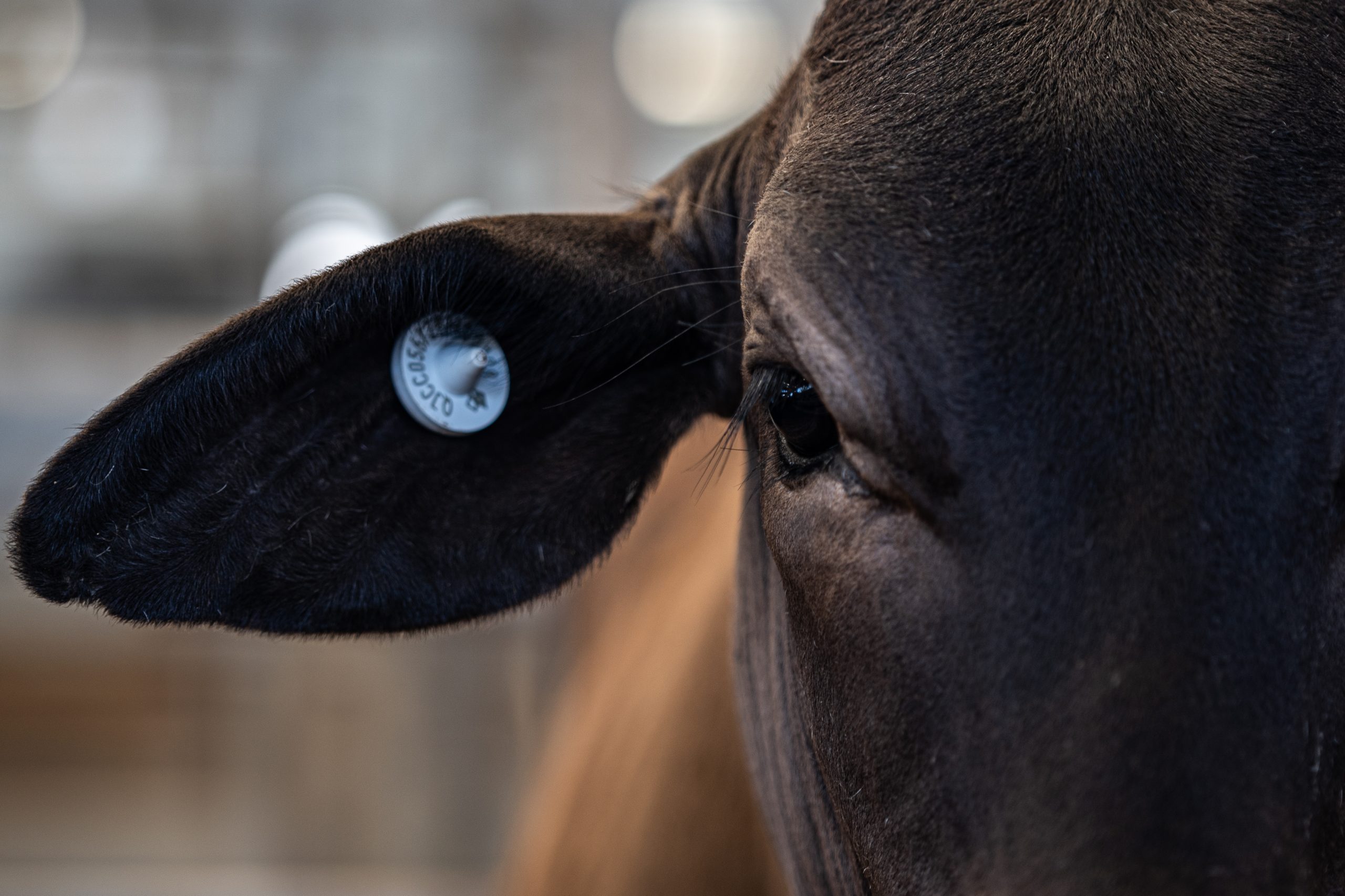
Products rather than animals
Modern factory farming sees animals treated just like things – numbers, commodities, products, and our laws classify farmed animals as ‘property’. That means they’re not even protected by the laws that protect companion animals like cats and dogs. Much of what humans do to animals raised for food would be illegal if it were being done to pets. Most people would be appalled at what happens on factory farms; that’s why so many are hidden from view, and why lobbied leaders make laws to keep them protected from the public eye. These ‘Ag-Gag’ laws help to make it illegal to film or photograph cruelty to animals on farms.
What’s a CAFO?
CAFO stands for “Concentrated Animal Feeding Operation”. It’s a vast spread of cages, stalls, pens or racks where thousands of animals are confined to be fed and fattened up before slaughter. CAFOs can be indoor or outdoor, but one common defining feature is there’s definitely no enrichment or vegetation.
In a CAFO, animals’ movement is severely restricted, whether they’re in an enclosure packed with many other animals, or in tiny cages. Feed is trucked in and water is used up in vast quantities, draining local supplies.
Massive waste pools accumulate, forcing the animals to breathe in fetid and sometimes fatally gassy air. Microbial pathogens from manure taint food and water supplies. Pests and parasites accumulate in huge numbers. They cause diseases and they’re sprayed with poisons that end up contaminating the surrounding area and waterways.
It’s hell for the animals and it’s hell for the environment.
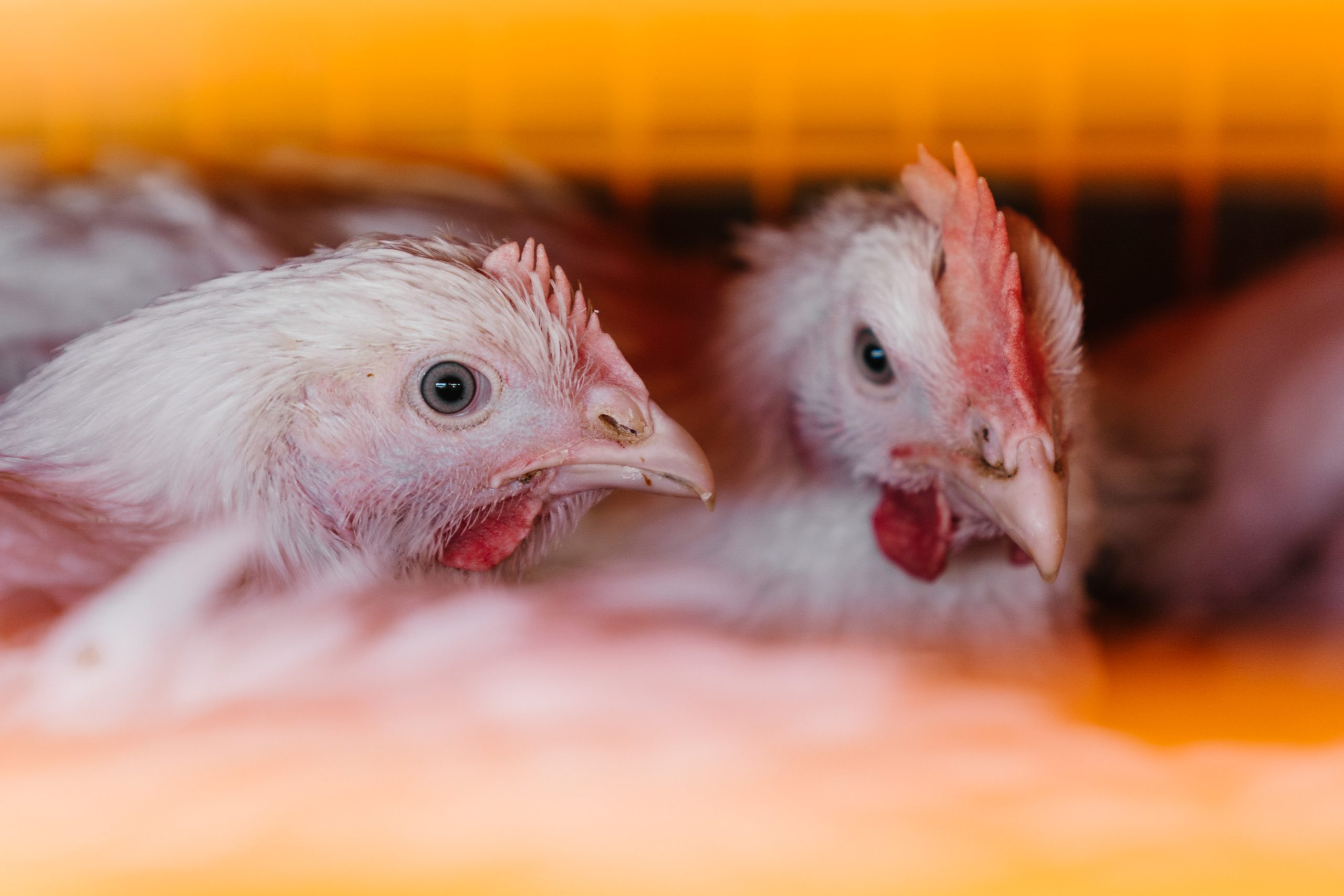
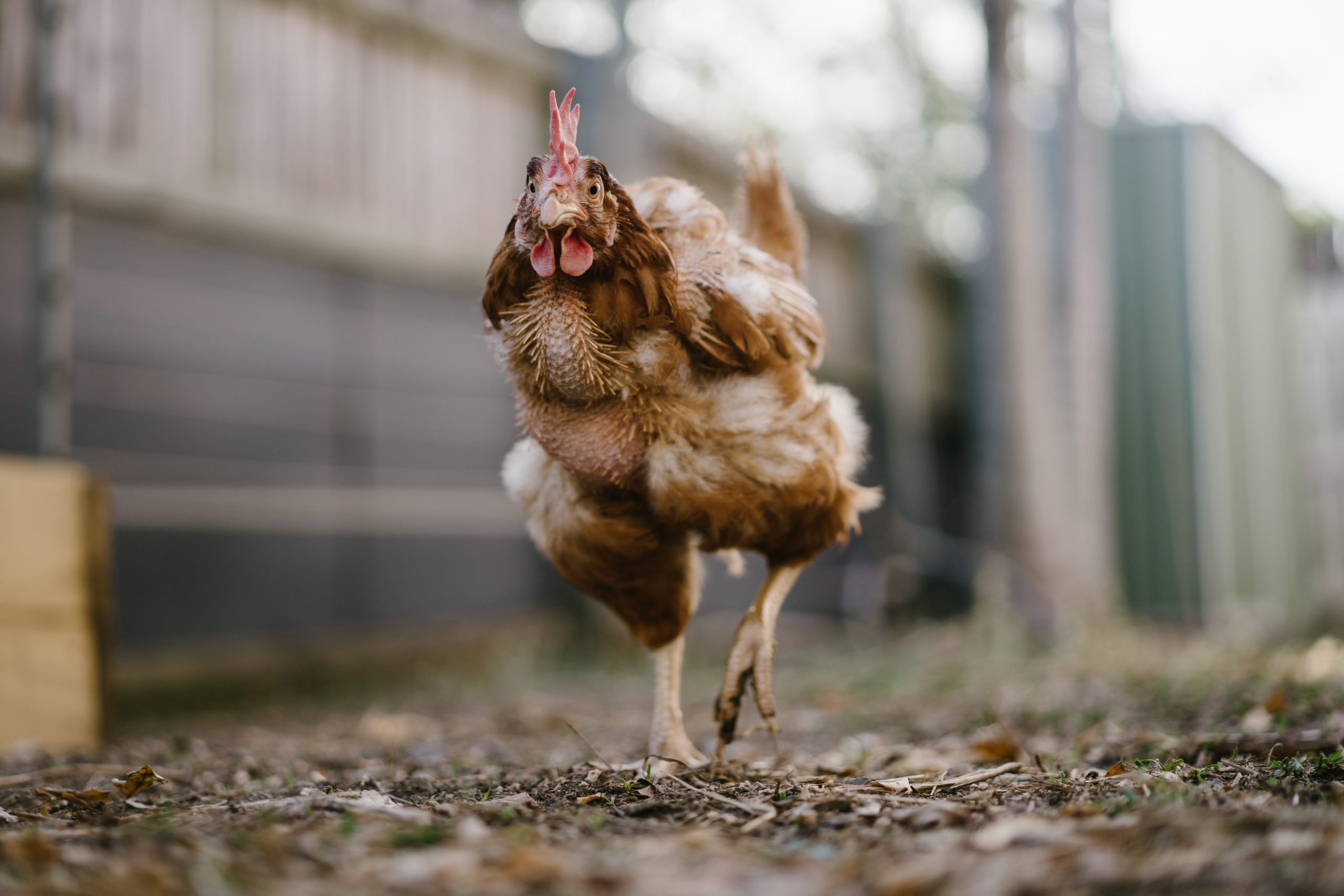
What are we doing?
- We are investigating and documenting reports of animal cruelty in Queensland.
- Working with a number of other animal rights groups to conduct groundbreaking investigations to help get the truth out into the public spotlight.
- We have produced a broad range of brochures on various factory farming issues which are freely available to the public.
- Encouraging the public to take animals off their plate through Vegan4Life.
What can you do?
- Avoid animal products – take our 30 Day Vegan Challenge and learn how easy it is to go vegan.
- Become a member or make a donation and help give us the funds to conduct investigations and expose this cruelty
- Volunteer with AnimalKIND and get involved with our campaigns
- Write to your local leaders and politicians about the horrors of factory farming, and tell them you don’t want your tax money being used to subsidise it
- Talk to people about factory farming and why we should avoid supporting it – spread the word
